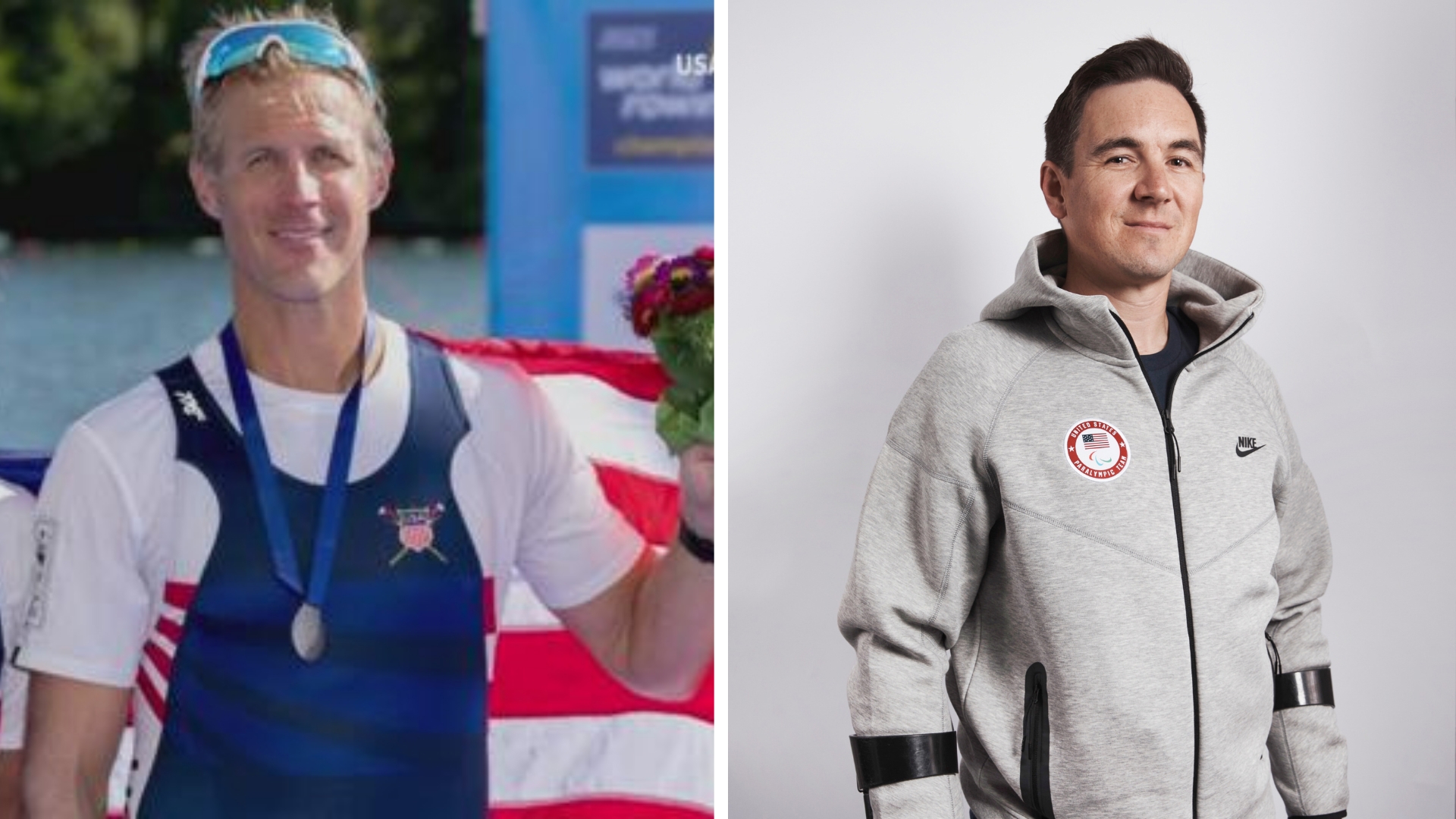PORTLAND, Ore. — Paralympians who competed at the 2024 Summer Games in Paris are returning back home to Oregon, including Dennis Connors, who earned his first Paralympic medal in para-cycling.
Connors, who lives in Beaverton with his family, took home silver in the men's T1-2 Road Race. He sprinted to the finish line with a time of 1:17:09.
During the race, Connors had dropped toward the back briefly to conserve energy — but nearing the finish, he found a gap to sprint to the end.
"I’ve never been happier to get a second place," he said. "You’re always in a bike race to be the winner, the first one to cross the line, but this was just an amazing experience and I was never happier to get second place in a race."
After serving nine years in the Marines, including three combat tours in Iraq, Connors was left with traumatic brain injuries. He found out about it later, when he began cycling as therapy and for mental health reasons but had balance issues.
A second stroke in 2020 left him with a lack of muscle control and significant weakness on the left side of his body. The following year, he transitioned to a tricycle that's the same as a regular racing bike, but has a longer rear axle to accommodate two wheels.
He then started racing at the national level in para-cycling and later won a gold medal in the road race at the 2023 World Championships. But no competition came close to the scale he witnessed at the Paralympics.
"It was just so huge," he said. "Usually, we have a little bit of a crowd at our races, but we had thousands of people lining the streets with big screens. When I got out there, there was three helicopters to film our races — that never happens, so it was like ‘Oh, wow this is the big leagues.’ It was really intense."
Now, Connors is eyeing the 2028 Games in Los Angeles.
"I definitely have the taste now," he said.
Connors' Team USA teammate Todd Vogt also returned home Monday after competing in the PR3 Mixed Double Sculls with Saige Harper of Massachusetts. The duo advanced to the B final at the games and while they did not take home a medal, Vogt and his teammate finished with a time of 7:48:38 — the fastest time in their grouping.
The 49-year-old rower was diagnosed with young-onset Parkinson’s disease in 2018. He first started to notice something was off the year prior.
In preparing for a race in Boston, Vogt recalled just feeling “weak and tired.” He remembers that the rowing technique which he had spent decades honing suddenly felt “all wrong.” Soon after, he started to develop a tremor in his left hand and looked toward para-rowing as his path to stay in the sport that has been a part of his identity for so long.
As a first-time Paralympian, Vogt said the games were something else.
"I think we handled it well," he said. "I tried to just focus on rowing the best that I could."
KGW's Art Edwards contributed reporting to this article.

